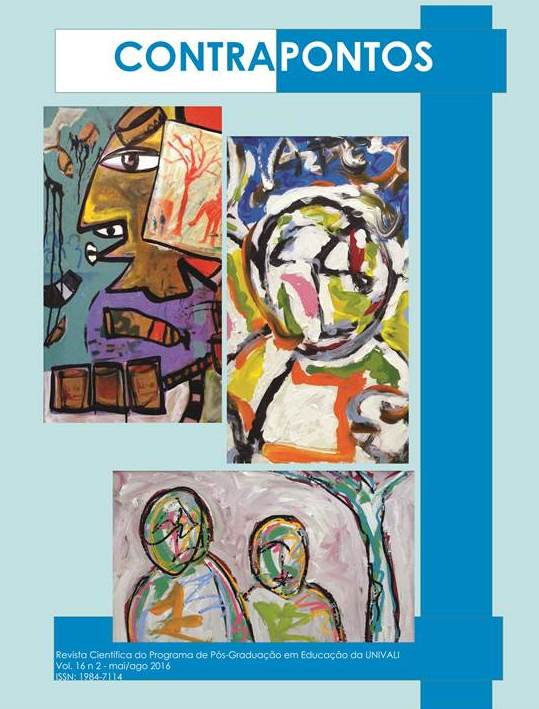
This paper analyzes aspects of the development of higher psychological functions, through the use of the literary text in the classroom. The analysis is based on the theoretical dialog of French Semiotics, and on Vygotsky’s fundamentals of historical-cultural theory in which, through reflection and analysis, he makes a critique of the ways in which texts are used in the teaching and learning process in schools, which end up inhibiting the construction of elaborate and critical thinking by students. In this article, we show examples of tales from children’s literature that can develop reflection by the student, and at the same time, direct the literary work toward the development of higher psychological functions, and elaborate independent thought, as emphasized by Vygotsky (1989) in dialogue with the contributions of literary semiotics. Based on this critical exercise, new alternatives can be proposed for working with literary language in schools, at any level of education.





